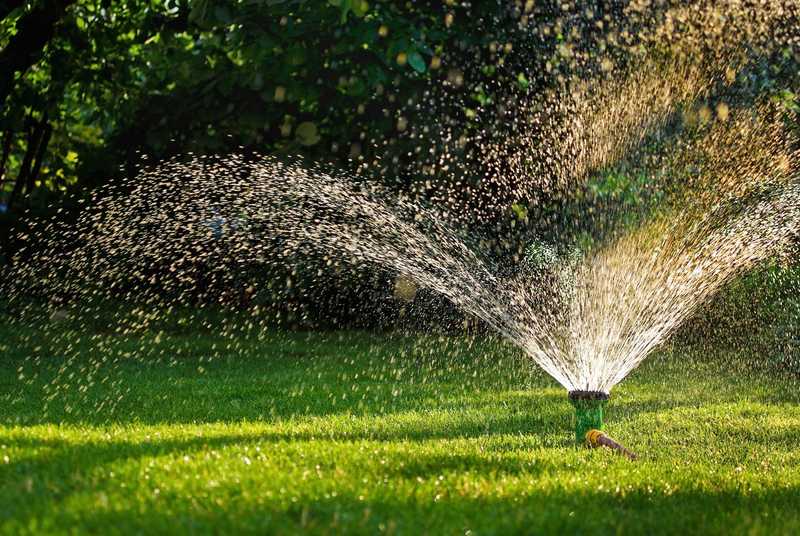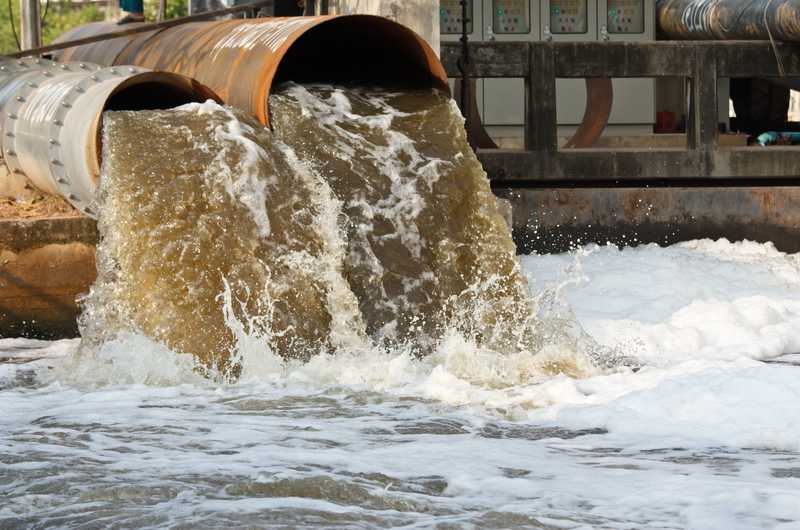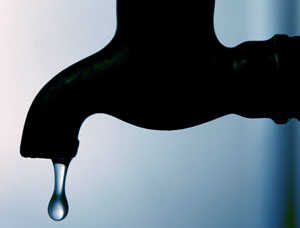BWSSB Guideline for Rainwater Harvesting
Bangalore Water Supply and Sewerage Board (BWSSB) is the premier governmental agency responsible for sewage disposal and water supply to the city of Bangalore. The BWSSB was constituted under the act of the Karnataka state legislature and the board came into existence on October 2, 1964. The BWSSB Act 1964 & BWSS rules 1964 amended from time to time. The BWSSB has recently introduced an amendment to its Act and has made rainwater harvesting mandatory for certain sites.
Rainwater harvesting is mandatory
 |
 |
In 2009, the BWSSB has introduced an amendment to its Act and has made rainwater harvesting mandatory for certain sites. In the BWSSB Act, 1964 (Karnataka Act No.36 of 1964), Section 72-A Obligation to provide rainwater harvesting structure has been inserted.
The Bangalore Water Supply and Sewerage (Amendment) Act, 2009, 72A-Obligation to provide rain water harvesting structure states that “Within nine months from the date of commencement of the Bangalore Water Supply and Sewerage (Amendment) Act, 2009 every owner or occupier of a building having a sital area of 2400 square feet and above or every owner who propose to construct a building on a sital area of 1200 square feet and above shall provide for rain water harvesting structure in such manner, with such conditions as may be provided in the regulations, failing which the Board may cause such rain water harvesting structure and recover the cost from the owner or occupier, as the case may be, arrears of land revenue.”
Having any query regarding Rainwater Harvesting? Let our Expert help you. Click here. |
Rainwater Harvesting System
The rain water harvesting in general is a great plan and there are also many advantages that are associated with the rain water harvesting plan. Rainwater harvesting system is collection of rainwater from the surface which directly receives rainfall. Rainwater harvesting can be adopted in cities to supplement the city’s other water supplies, to increase soil moisture levels for urban greenery, to raise the water table through artificial recharge, to mitigate urban flooding and to improve the quality of groundwater. As rainwater may be contaminated, it is often not considered suitable for drinking.. However, there are many examples of rainwater being used for all purposes — including drinking — following suitable treatment.
Minimum Requirement
- Rainwater storage (surface tank or underground sump) and ground recharge (RCC precast ring well) of minimum 20 liters per square meter of roof area and a minimum of 10 liters per square meter of paved open space provision shell be made.
- The open well / recharge well of depth of 3 meter (minimum) and diameter of .9 meter (minimum) with out filling in the well (like aggregates, jelly, sand etc.) provision shell be made.
- You may store rainwater in a tank / sump or recharge rainwater in to the ground through a well or you can use a combination of these two to achieve the stipulated capacity of ‘X’ liter. Where X = roof area in sqm x 20 + paved open area in sqm x10.
- The open well should be of minimum 3 ft diameter and 10 feet deep.
- Ground water recharge should not be attempted at places where the ground water level is very high and at places where hard rock strata exists at shallow depths.
- It is suggested to build a shallow sump or install a surface tank for storing harvested rainwater.
- Rainwater from the roof and through a filter should not be allowed directly in to a live borewell.
- It is advisable to allow the filtered rainwater in to an open well beside the borewell. In case of a failed or very low yielding borewell, you may allow a portion of overflow from your tank / sump which collects filtered rainwater from the roof. However a skilled person’s advice is required before recharging the borewell directly.
- Existing sump can be used for storing rainwater. However, the harvested rainwater from the roof may have bacterial contamination which needs to be treated before using for cooking and drinking.
- It is required to ensure adequate storage space in the sump for rainwater at any given point of time.
- It is advisable to filter rainwater from the roof before discharging in to the well. If filters are not used it is advised to discharge rainwater in to the annular space filled with aggregates around the cement rings of the well.
- It is not mandatory to use any particular type of filter. You can choose the type of rainwater filter suitable for your requirement.
After installing RWH system in your home or apartment complex, ask for a copy of the certificate from the trained plumber / contractor and attach the same with two photographs of RWH in your house. Attach the same with a letter and submit them to the nearest BWSSB office.
Thanks to Mr A.R.Shivakumar for the support and contributing the article.
Shivakumar is Senior Fellow and Principal Investigator-RWH
Karnataka State Council for Science and Technology (KSCST);Indian Institute of Science, Bangalore – 560 012
Tel: 080 2334 1652, 2334 8848, 2334 8849
Telefax: 080 2334 8840
Website: www.kscst.iisc.ernet.in/rwh.html








